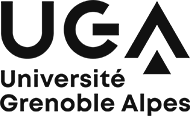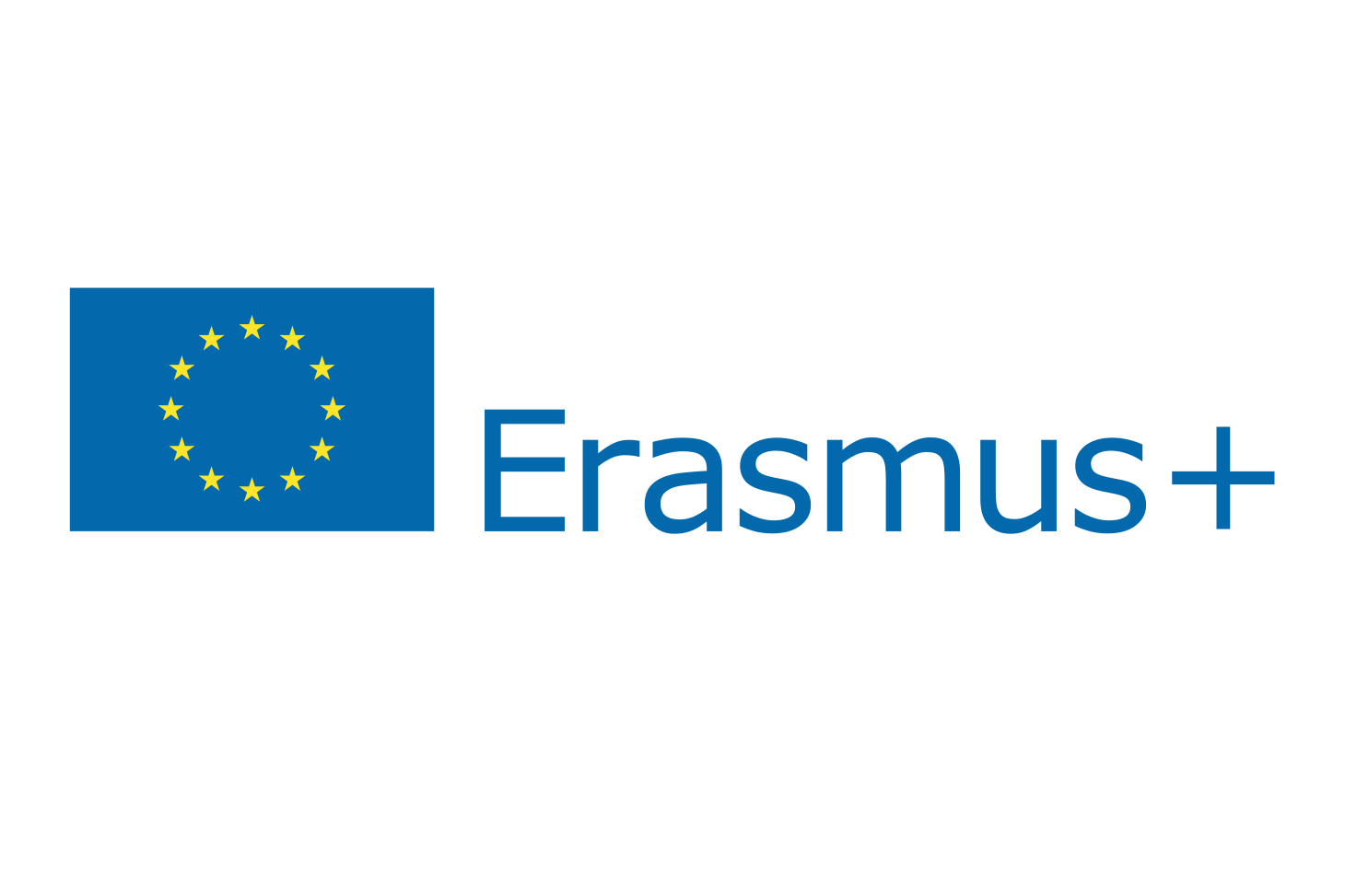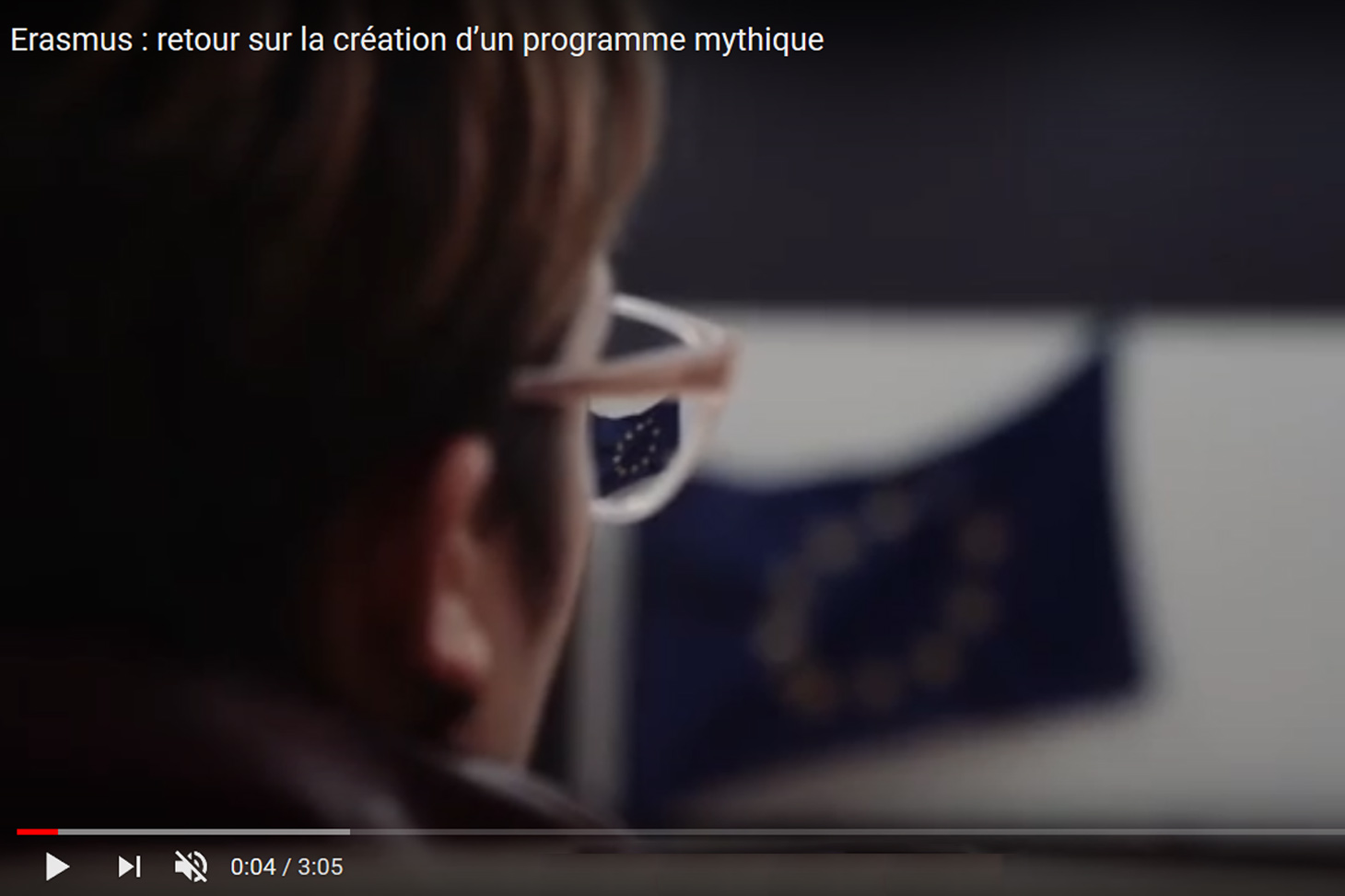- Come to UGA
- Exchange programs
- Degree programs
- Programs in English
- Architecture, Human and Social Sciences, Territorial Studies, Urban Development
- Computer Sciences, Maths, Sciences and Technologies of Information and Communication
- Biology, Chemistry, Health, Study of Sports and Physical Activities
- Engineering
- Environmental and Earth Sciences, Material Sciences, Physics
- Law, Economics, Political Science, Finance and Management
- Science, technology, health, engineering
- Humanities and social science, architecture
- Law, Economics, Management, Political Science
- Arts, literature, languages
- UGA internships
- Learning French
- Students with special status
- The French university system
- Scholarships and funding
- Researchers and staff
- Your contacts at UGA
- Getting organized
- The steps of your stay
- Service centers on campus
- Visas and residence permits
- Accommodation
- Insurances
- Health insurance
- Health insurance and complementary health coverage
- Reimbursement of medical expenses
- Home insurance
- Personal Civil Liability Insurance
- Health insurance
- Budget
- Daily life
- Internationalization
- Partnerships



